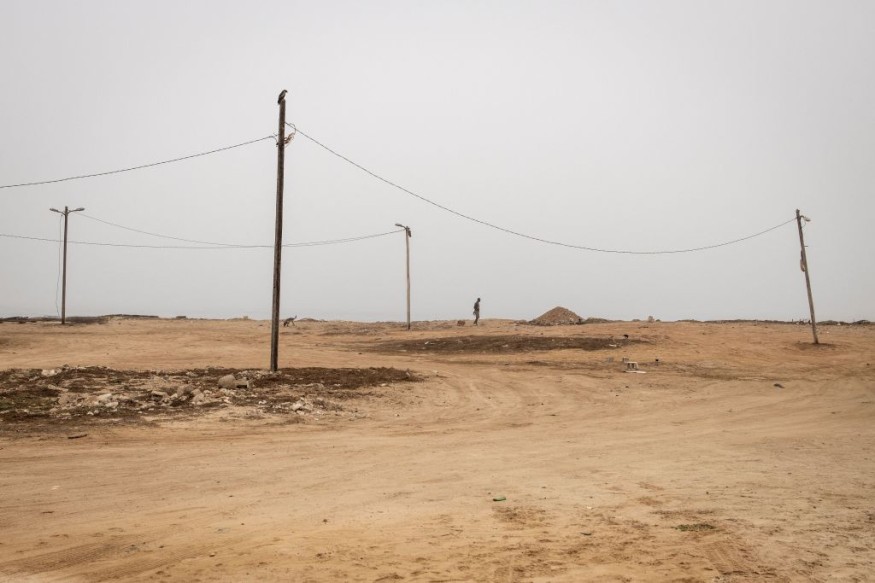
A latest study stated that only 0.01% of funds of Africa was spent to combat and mitigate dangerous air quality.
Experts said that due to this, international action is needed.
They noted that measures are needed in energy transition management, transport emission regulation and waste management to protect Africa's air quality.
Worst Air Pollution
The study pointed out that Africa is experiencing some of the worst air pollution in the world and air quality has deteriorating rapidly over the past 50 years.
It noted that PM2.5 (particulate matter ≤ 2.5 μm in diameter) concentrations in many African cities are now 5 to 10 times greater than the level recommended by the World Health Organization.
Amid the growing populations, rapid urbanization and industrialization, air pollution over the continent is likely to worsen, which could result in detrimental health implications.
Unfortunately, too little attention has been paid to Africa's air pollution, with less than 0.01% of global air pollution funding is currently spent in the continent.
Pollution sources and patterns show that air pollution in Africa is a global issue.
Researchers have argued that tackling the issue requires collective efforts from African countries, regionally tailored solutions and equitable global collaborations.
Africa is a large continent, which is second in size only to Asia, and currently containing 54 countries and two disputed territories.
Because of the distinctly different socioeconomic conditions among countries and cities, air pollution across Africa varies greatly and this condition has distinct regional pollution patterns and sources.
For example, crude oil exploitation in Nigeria induces black carbon emissions and particulate matter pollution. On the other hand, coal mining and power generation results in high emissions of greenhouse gases and nitrogen dioxide in South Africa.
Further, the biomass burning induces high ozone concentrations over central Africa and it is also considered as an important source of air pollution across Africa.
Experts warned that without an access to clean energy, nearly 970 million people on the continent rely on biomass burning for cooking, heating and lighting.
This practice often results in severe indoor air pollution and contributes greatly to outdoor air pollution. The open burning of waste has also been rampant in Africa and contributes to ambient air pollution across the continent.
Moreover, vehicles in the continent emit larger amounts of pollutants than those meeting high standards and thus increase emissions of pollutants, unless restrictions are put in place to regulate these imported vehicles.
Improving Air Quality
In order to address the matter, there is a need for urgent action when it comes to continuous air monitoring using a network of sensors in order to build a detailed picture of air pollution variations and track progress.
It is also necessary to invest in clean energy such as solar, hydropower and wind to meet Africa's energy demand which is expected to double by 2040.
The practice of solid waste management must also improve to prevent dumping and burning of wastes and improve reuse, recycling, and recovery rates.
Further, there is also the need for investment in environmentally friendly technology to ensure African countries can grow economically while avoiding dirty and obsolete technology from the Global North.
Also, infrastructure improvements to curb emissions from the transport sector, improving public transport provision, and adopting higher emission standards for fuel and imported vehicles are also important to address the air pollution.
Related Article : Highly Polluting Used Cars Sold to Africa and Poorer Countries by US, Europe, and Japan Contribute to Climate Change
© 2025 NatureWorldNews.com All rights reserved. Do not reproduce without permission.





